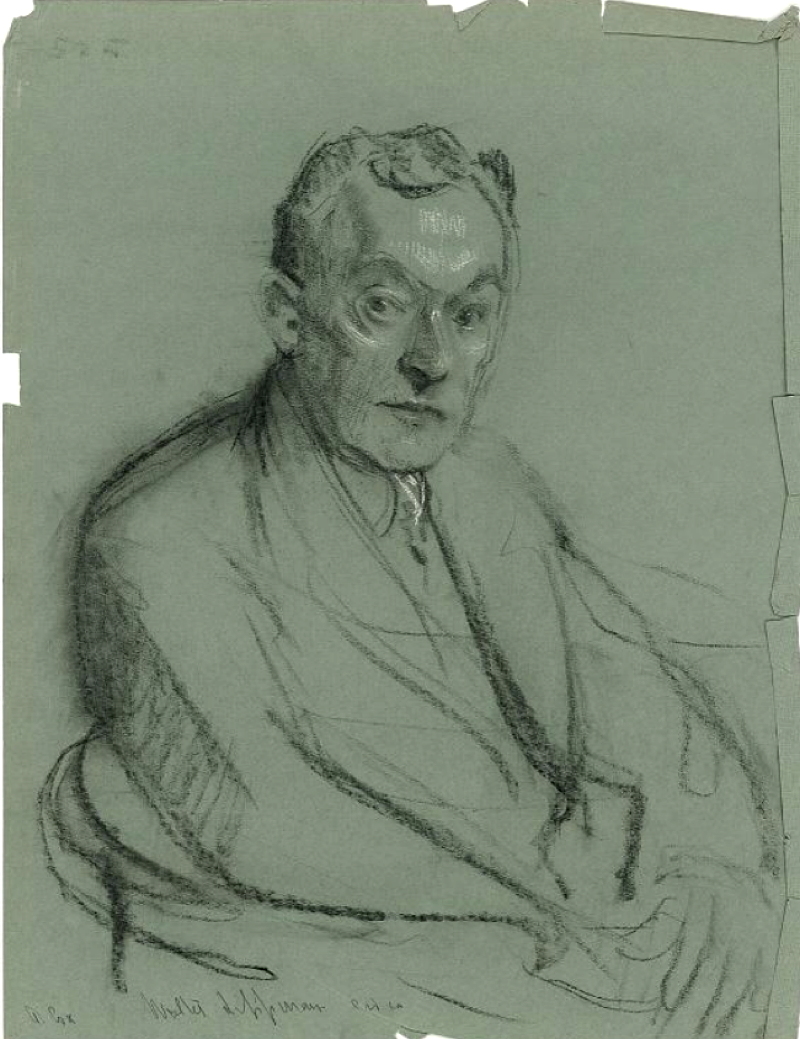Facts about Walter Lippmann
Walter Lippmann Biography
Columnist Walter Lippmann was one of America’s most influential and famous commentators on world affairs between the 1920s and 1960s.
Lippmann’s newspaper column,”Today and Tomorrow,” was in more than 200 newspapers across the United States and ran from 1931 until 1967.
A Harvard graduate (1910) who’d studied with William James and George Santayana, Lippmann co-founded and edited The New Republic beginning in 1914. He became an important voice in the national discussion over what is now called World War I.
It’s said Lippmann’s research and written drafts formed the basis of Woodrow Wilson’s Fourteen Points, and Lippmann served briefly as an assistant to Wilson’s Secretary of War, Newton Baker.
Lippmann’s 1922 book, Public Opinion, made him famous as a critic of mass communication and its effect on democracy. His commentary on propaganda and journalism continued throughout his career, and he won two Pulitzer Prizes for his column.
Lippmann hobnobbed with powerful policy makers and personally knew every U.S. president from Teddy Roosevelt to Lyndon Johnson, not to mention world dignitaries such as Winston Churchill, Charles de Gaulle and Nikita Khrushchev.
Walter Lippmann’s books included The Phantom Public (1925), The Good Society (1937), The Cold War (1947) and Western Unity and the Common Market (1962).
Extra credit
Walter Lippmann was awarded the Presidential Medal of Freedom by President Lyndon B. Johnson in 1964; Lippmann was a frequent dinner guest of President Johnson’s, but the two disagreed over how to handle U.S. involvement in Vietnam (Lippmann thought our presence there made the U.S. look bad to our allies, and argued that the U.S. could not pull Vietnam away from the Chinese sphere of influence).

